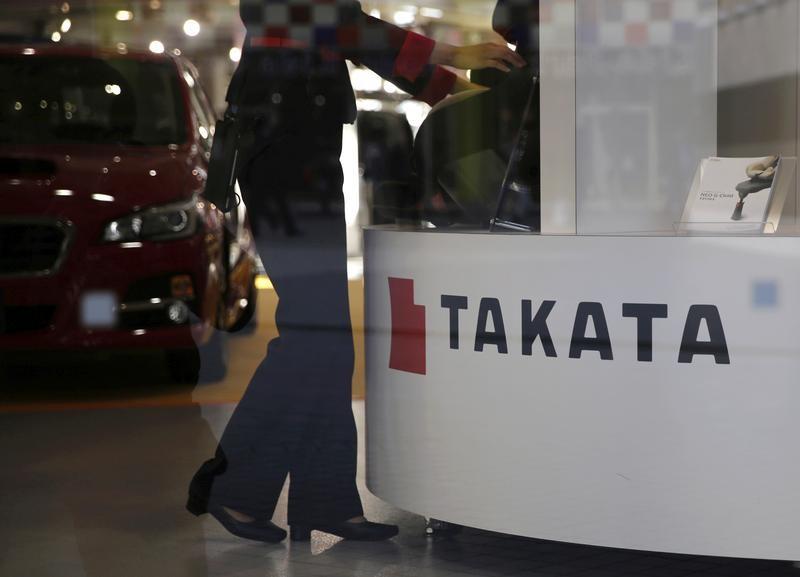Some 1.8 million potentially deadly Takata airbags in Australian cars still need replacing, according to the Australian Competition and Consumer Commission (ACCC).
On Aug. 2, the ACCC released state-by-state data recall rates of the Takata airbags. The consumer watchdog is reminding drivers and manufacturers to replace the airbags as soon as possible.




